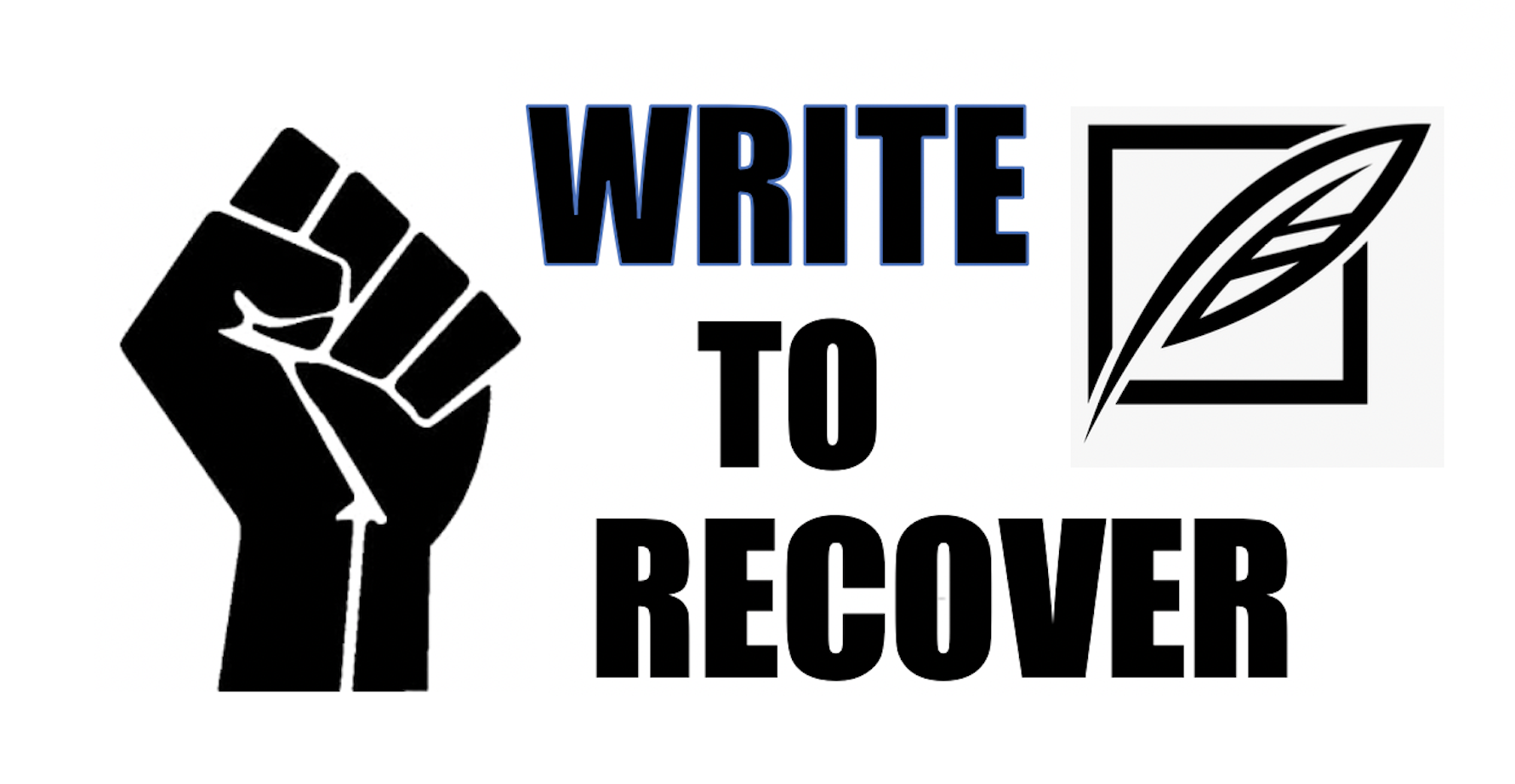I’m a Kentucky-based writer and educator, and I became an advocate for drug offenders after seeing my family and my community devastated by the opioid crisis. For almost five years, I worked with inmates at the Bullitt County Detention Center, developing a therapeutic writing program that teaches students how to express negative emotions, heal from trauma, and empathize with others. Instead of punishment, control, and oppression, my Write to Recover Program emphasizes forgiveness, acceptance, self-awareness, and self-care to foster healing and change in the recovering substance abuser.

I was teaching academic writing at the community college in my old stomping ground of Shepherdsville, Kentucky, when I started leading writing workshops for men in the Substance Abuse Program at the jail in the spring of 2015. A year and a half later, I received a special grant from the Kentucky Foundation for Women to launch a writing workshop for female offenders. In the spring of 2017, Jailer Martha Knox hired me in a broader effort to provide more rehabilitative programs at the Class D facility. With the support of grants and community donors, I compiled and published seven anthologies of inmates’ work, which I’ve used as part of my teaching curriculum.
In November 2019, I was suspended without pay from the jail without explanation. A letter from Jailer Paul Watkins cited an internal investigation. I was never informed of the outcome. A few former offenders, on their release, told me they had heard I was dismissed for being “too friendly” with the inmates.
My friendliness, my overt attempts to bond and build trust with inmates, were seen as a threat to the establishment and the caste system that keeps millions of Americans barely surviving in the margins of society–the working poor, the homeless, the mentally ill, and the addicted, among others.
We are a nation in crisis with the addiction epidemic raging, mass incarceration at an all-time high, and a new racial justice movement erupting over video recordings of police brutality and violence against Blacks, Indigenous, and People of Color (BIPOC).
Our law enforcement and criminal justice system are in dire need of reform, and part of that effort must focus on our incarcerated citizens. While the Covid-19 pandemic has forced programs at jails and prisons to be suspended, we must continue the work when it is safe to do so, and we must demand that our leaders in government do all they can to improve conditions at facilities where our most vulnerable citizens are forced to remain.
By following my Write to Recover Program, as outlined in my forthcoming book and training materials, anyone with a passion for helping others can learn the ropes of working with inmates in a correctional facility or with patients in recovery at treatment facilities. My program will appeal to teachers, writers, artists, community leaders, activists, and others who want to play a part in the most important work of our generation.
